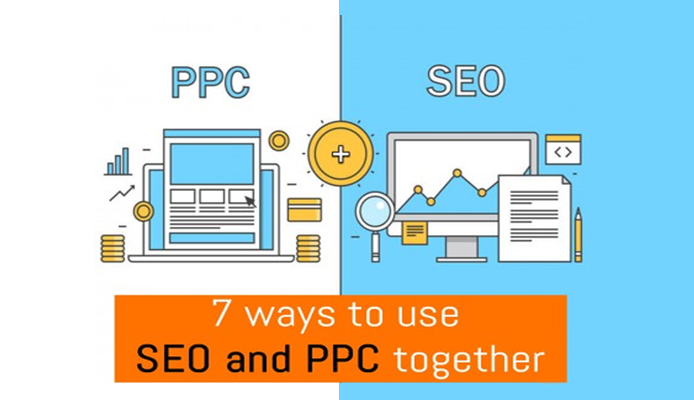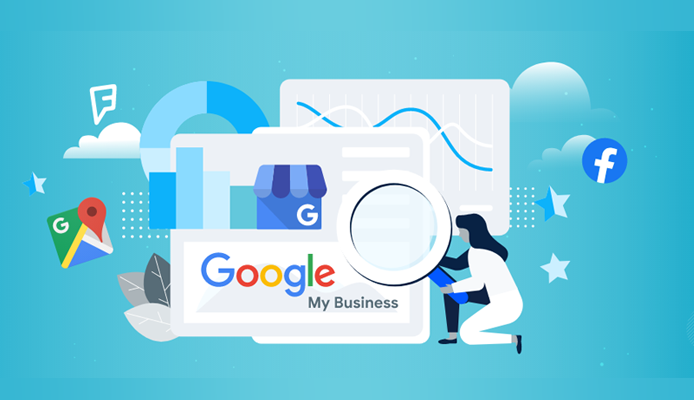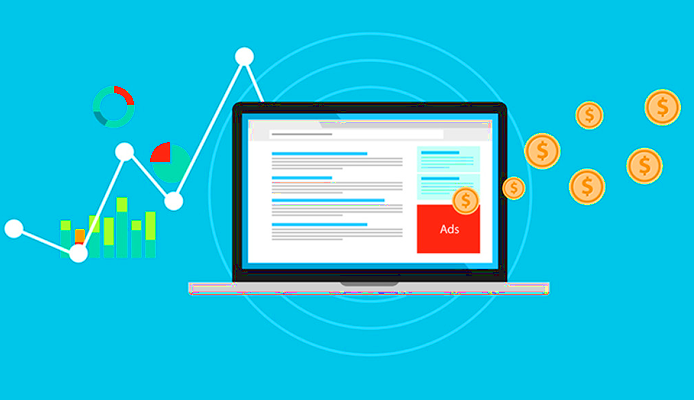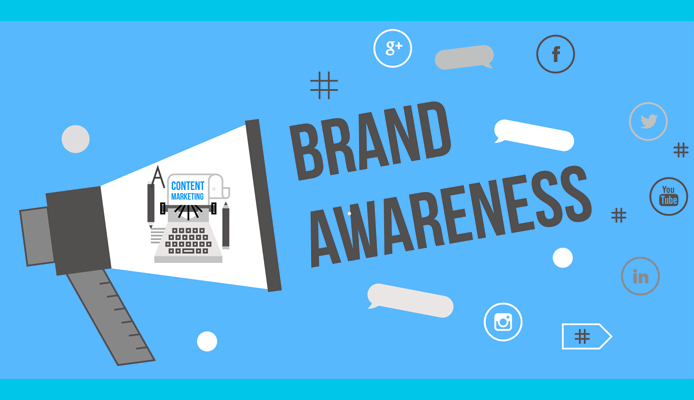7 Ways PPC and SEO Teams Work Together
Gone are the days when digital marketers approached PPC and SEO campaigns separately.
In many digital marketing agencies, SEO and PPC professionals now work together on many occasions to achieve digital marketing goals collectively.
Although SEO and PPC professionals are in pursuit of similar goals, whether in terms of website traffic,lead generation, or revenue, PPC ad campaigns do not directly affect SEO or vice versa.
But, there are many ways these two digital marketing strategies complement each other.
So, integrating both of these strategies has never been more important. Here are the top seven ways PPC and SEO teams work together in digital marketing agencies these days:
1. Increase Visibility
First and foremost, PPC and SEO campaign teams can join hands to increase search engine presence.
With on-page and off-page SEO, you can get your web pages ranked on page 1 of the SERPs.
You can even secure the position #1 in the search results. Many companies reduce their PPC efforts once they start ranking on the 1st position for their target keyword.
But, you can also purchase PPC ads for the same keyword combination.
This way, your brand can dominate the search results for a particular keyword.
Your brand will stand a better chance of capturing the maximum number of target leads by maximizing SERP coverage.
When your brand appears on the very top of the SERPs (with PPC ad campaign) as well as in the organic listings below, it gives searchers the impression that your company is reputable.
2. Recover Traffic that You May Lose
Many digital marketers assume that if their websites are ranking #1 for target keywords, they need not spend on PPC ads.
If you do that, you may be losing a significant chunk of website traffic to your competitors.
A recent study conducted by Google says that approximately 89% of traffic lost by halting a PPC advertising campaign cannot be recovered.
So, even when you rank #1, it is advisable to complement SEO with PPC campaigns to tap interest from your target audience that you may otherwise lose.
3. More Effective Remarketing Campaigns
Often, website visitors do not convert immediately after they visit a landing page for the first time. Potential leads typically take a while to make up their mind on whether they want to buy your products or services.
Your PPC team can create campaigns to remarket to visitors captured by your SEO campaigns.
For instance, if someone is shopping for baby-shoes on your website, you can show them your ads for the same product later on. This will help remind them to revisit your website and purchase the product.
In the absence of a complementary PPC campaign, you may lose such potential leads entirely.
4. More Data for Smarter Digital Marketing
In many digital marketing companies, SEO and PPC teams sit together every week to share data and insights with each other.
Examining metrics such as the conversion rate, click-through-rate (CTR), impressions time spent on the site, bounce/exit rates, etc. for both SEO and PPC campaigns help you fine-tune your digital marketing campaigns.
This way, both SEO and PPC teams can find out which keywords are most effective for generating leads that convert.
The data and insights gathered by SEO professionals can help PPC professionals and vice-versa. For instance, you can combine data from organic performance metrics such as organic impressions, CTR, ranking positions, etc. with PPC campaign metrics such as the CPC and CTR.Moreover, businesses can use schema markups to show ratings/reviews to gain visitors' trust and to increase CTR.
Some companies use this strategy to spot outliers in a PPC campaign.
Others use the most effective PPC ad copies to create better meta-titles and-meta descriptions (on-page SEO).
5. Increase Brand Awareness
When searchers click on PPC ads, they are directed to a landing page where they explore your offerings.
From there, many visitors bounce off to other sites.
If these visitors find the same company in organic listings in the future, they are more likely to complete the purchase.
In this case, a PPC ad introduces a brand to a prospect and an organic listing as a result of an SEO campaign reinforces the belief that they can trust this brand.
6. Deal with Negative PR
There are occasions when a news article, blog post, or a video critical of your brand, products, or services starts appearing right on the very top of the SERPs.
On such occasions, SEO and PPC teams can join hands to combat negative PR. Your damage-control efforts can be more effective when you launch SEO and PPC campaigns together to gain visibility in the SERPs for a certain keyword.
A good example of this was seen during the Gulf oil spill.
According to Search Engine Watch, BP spent over $1M per month after the Gulf oil spill on an integrated search engine marketing (SEM) campaign. The company advertised heavily on both Google Adwords and YouTube to manage their online reputation.
At that time, BP was heavily criticized by environment activists, media outlets, etc. on the Internet.
So they used SEO and PPC campaigns to gain visibility for terms related to the oil spill. This way, the company managed to get people to read about their clean-up efforts.
Any business organization can use this strategy to tell people about their side of the story.
7. PPC Can Help Test Organic Keywords
With a PPC advertising campaign, you can streamline your organic (SEO) keyword strategy.
It takes significant time and effort to get the desired keywords rank high up in the SERPs. After SEO campaigns that continue for several months, many digital marketers are disappointed to learn that the conversion rate for the organic keywords they focused on is low.
With PPC ad campaigns, you can test whether a certain organic keyword has the potential to ensure a satisfactory conversion rate.
With immediate feedback at your disposal, you can quickly fine-tune your SEO strategy and focus on organic keywords that can provide a higher return on investment (ROI) in the long run.
Author Bio
Simon Mikail is one of the founders and head of operations at 405 Ads. Simon serves as an online marketing manager to businesses and agencies worldwide. His overall business and marketing experience has helped hundreds of business owners get their presence done right when it comes to today’s online world. You can follow Simon on Linkedin as well.

























